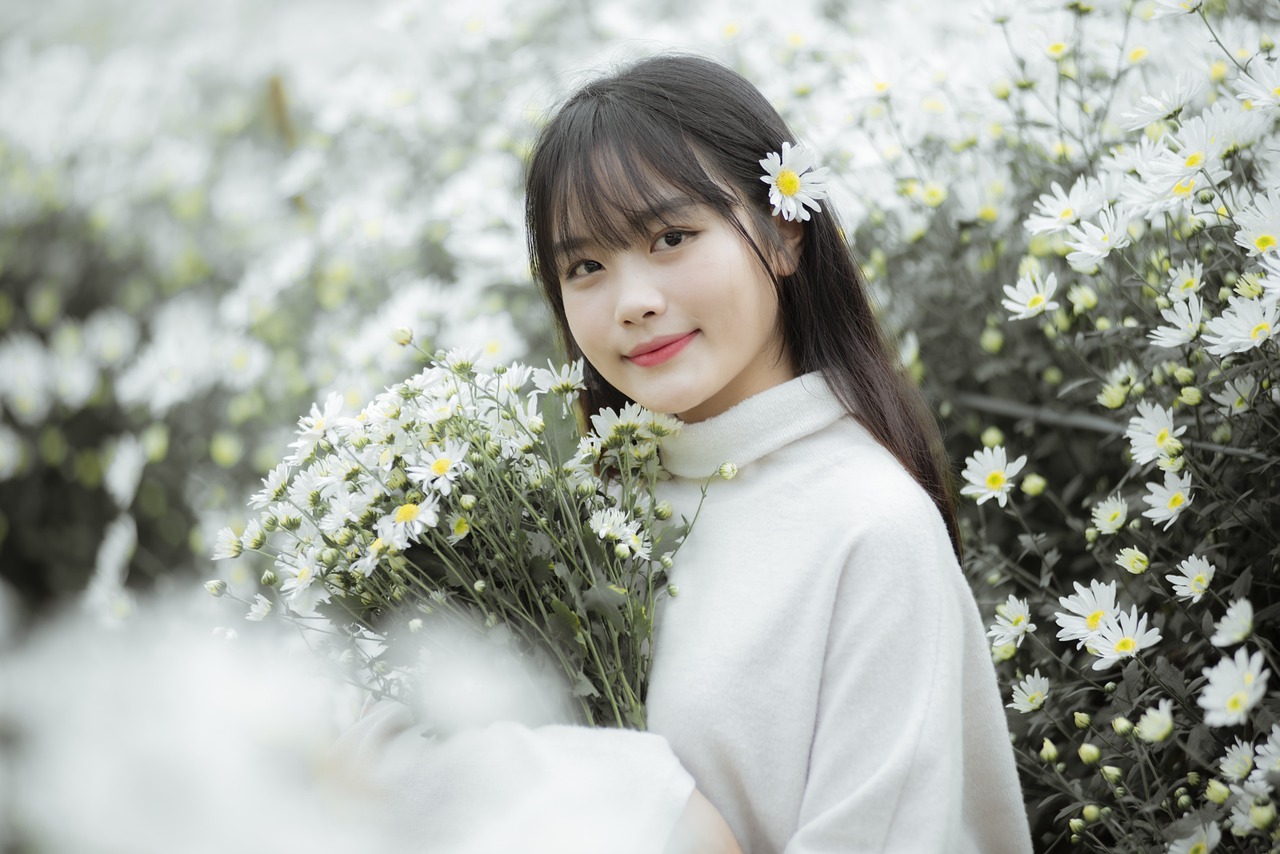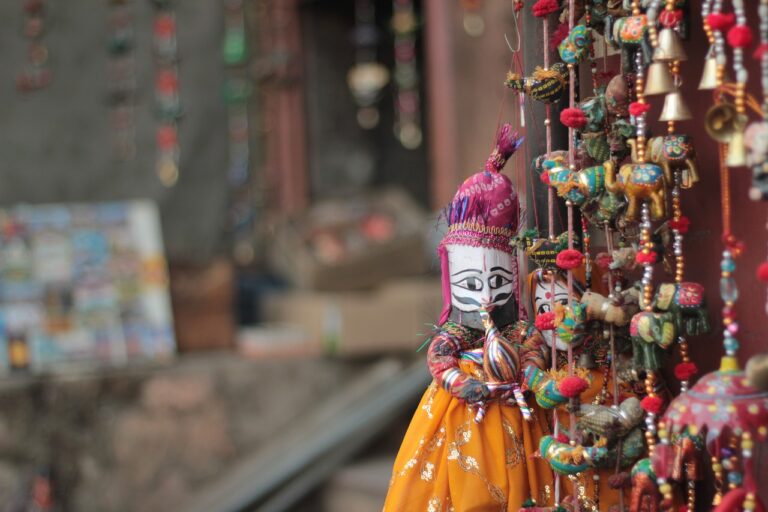The Art of Tea Ceremony: Exploring Japanese Tea Workshops: Sky247.in login, 11x game login, 99exch
sky247.in login, 11x game login, 99exch: The art of tea ceremony has been a significant aspect of Japanese culture for centuries. Dating back to the 9th century, the Japanese tea ceremony, also known as Chanoyu or Sado, embodies harmony, respect, purity, and tranquility. It is a ritualistic practice that involves preparing and serving matcha, a powdered green tea, to guests in a ceremonial manner.
Japanese tea workshops offer individuals the opportunity to immerse themselves in this traditional art form, providing a hands-on experience that delves into the history, techniques, and philosophy behind the tea ceremony. These workshops are an excellent way to gain a deeper understanding of Japanese culture and aesthetics.
During a typical Japanese tea workshop, participants learn how to properly whisk matcha and serve it to guests. They are taught the significance of each movement and gesture, as well as the importance of creating a serene atmosphere. Participants are also introduced to the tools used in the ceremony, such as the chasen (bamboo whisk), chawan (tea bowl), and chashaku (tea scoop).
One of the key aspects of the tea ceremony is the concept of ichi-go ichi-e, which translates to “one time, one meeting.” This principle emphasizes the importance of cherishing each moment and treating every encounter as unique and valuable. Through the practice of tea ceremony, participants learn to appreciate the present moment and cultivate mindfulness.
Attending a Japanese tea workshop is not only a cultural experience but also a peaceful and meditative one. The process of preparing and serving tea requires focus, patience, and attention to detail. It encourages participants to slow down, savor the moment, and connect with themselves and others on a deeper level.
If you are interested in experiencing the art of Japanese tea ceremony firsthand, consider attending a workshop in your area. Many cultural centers, tea houses, and Japanese gardens offer workshops led by experienced tea masters who can guide you through the intricacies of the ceremony.
Whether you are a tea enthusiast, a history buff, or simply someone looking for a unique and enriching experience, a Japanese tea workshop is sure to leave a lasting impression. So, take a step back from the hustle and bustle of daily life and immerse yourself in the timeless art of tea ceremony.
FAQs:
Q: What should I wear to a Japanese tea workshop?
A: It is recommended to wear comfortable clothing that allows for ease of movement, as you may be required to sit on the floor during the workshop. Avoid wearing shoes inside the tea room and opt for socks or tabi (split-toe socks) instead.
Q: Can I participate in a Japanese tea workshop if I have dietary restrictions?
A: Most Japanese tea workshops serve traditional sweets alongside matcha tea. If you have dietary restrictions, such as allergies or food intolerances, be sure to inform the workshop organizers in advance so that they can make accommodations for you.
Q: Is it necessary to have prior knowledge of Japanese culture or tea ceremony before attending a workshop?
A: No prior knowledge is required to participate in a Japanese tea workshop. Tea masters are experienced in teaching beginners and will guide you through the process step by step. Just come with an open mind and a willingness to learn.







